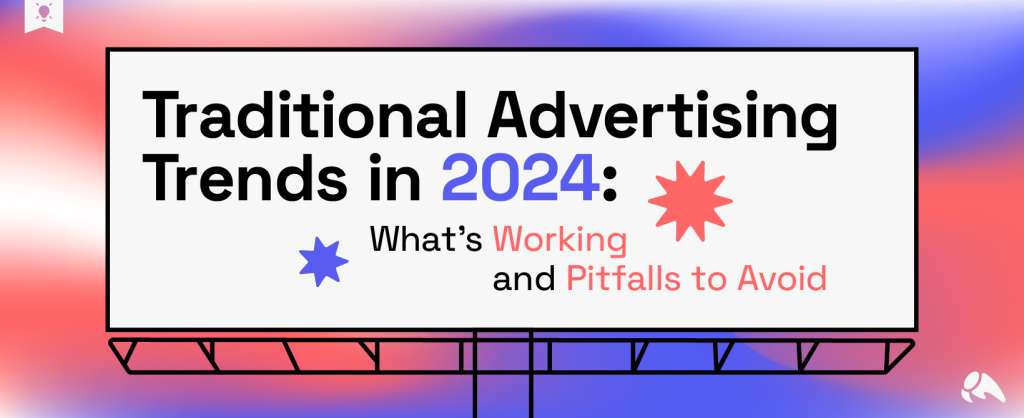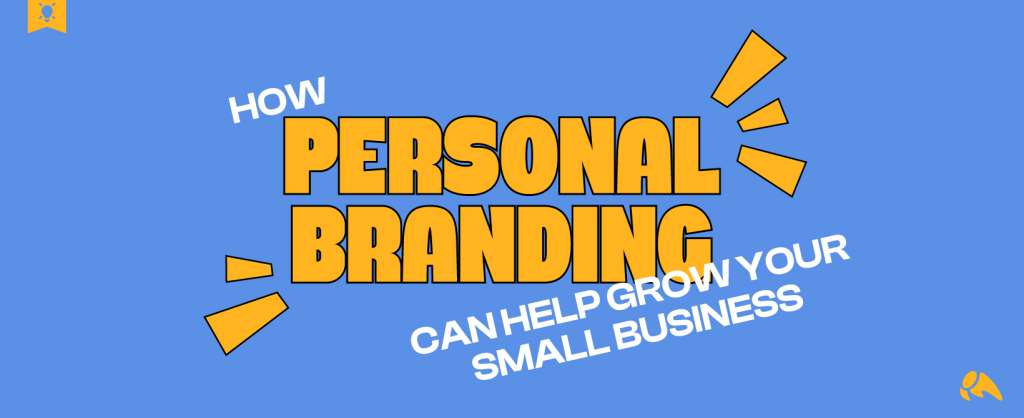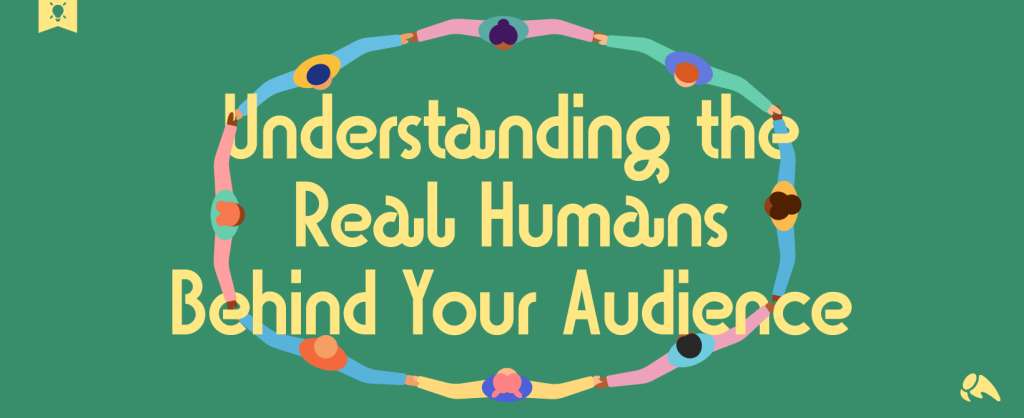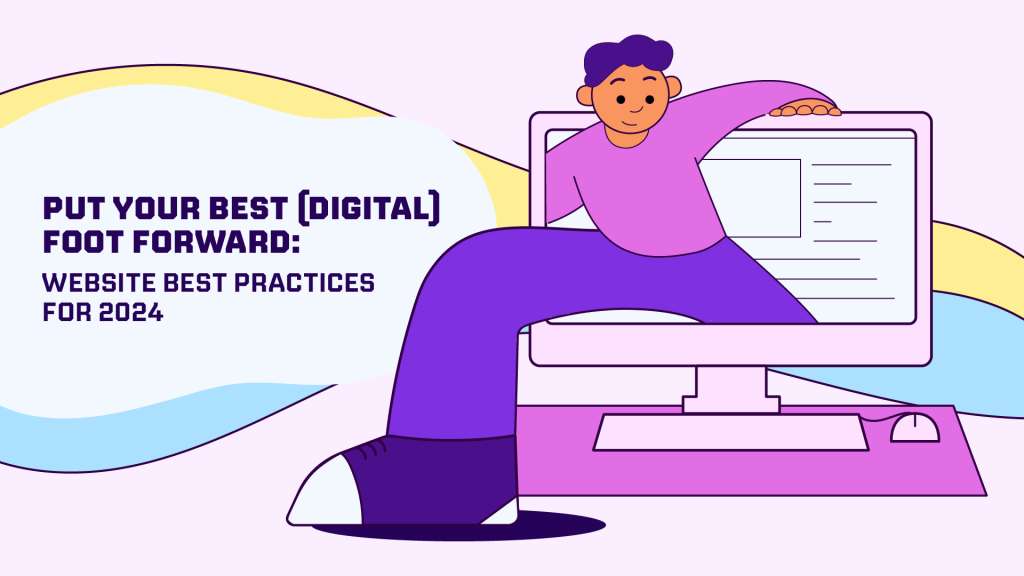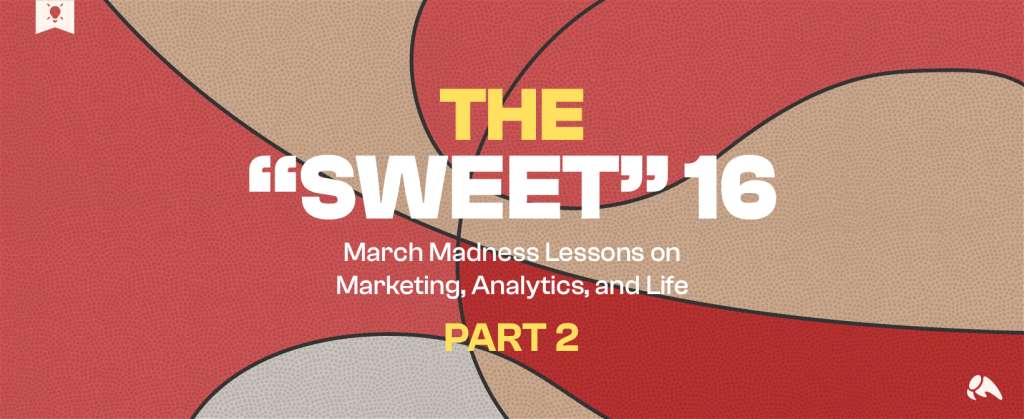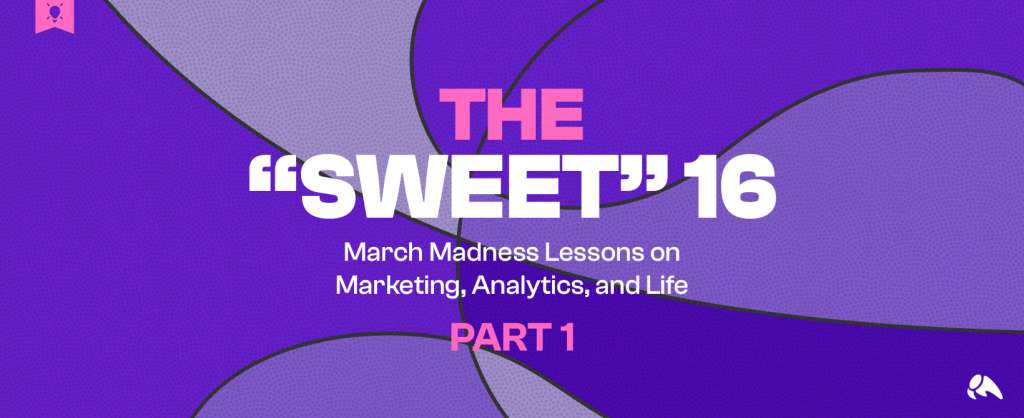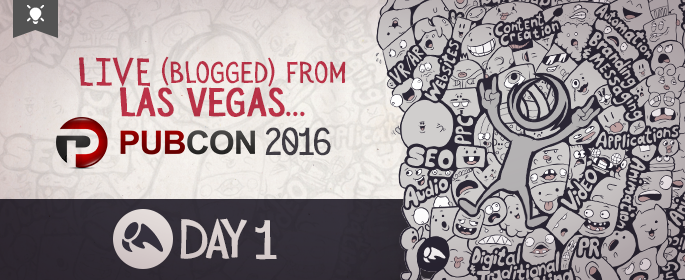
It’s time for the afternoon keynote! We’re full from lunch and ready to listen in on the latest from Scott Monty.
Scotts begins with a poem, a scene of snowy woods on the screens behind him.
The reason he opens with Robert Frost’s “Stopping By Woods On A Snowy Evening” poem is that we, as marketers, can be inspired by anything if we simply choose to be observant enough.
Scott’s classical education made him learn to appreciate history, art, drama – everything that’s come before us as human beings. The world has been populated by amazing brains. What we think we’re doing that’s new… isn’t. He quotes Shakespeare, “What’s past is prologue.” He looked to the past to help predict the future, something Scott wants us to keep in mind as we conduct our marketing efforts.
Trust is rising. Year-over-year, it rose, dsepite not being great, in general. There’s a split between the haves and have nots – the informed, and the uninformed. The informed, and the general public. The people paying attention in an attention-starved society.
His thesis? Trust is actually falling. Think about Volkswagen, and its 9 years of fooling the EPA, so that consumers were left with polluting vehicles. They’re paying a literal and figurative price now. Their reputation is in the toilet, and it’ll take decades to recover.
Remember Ashley Madison, the site designed to break trust with the people that you care about? There was a data breach. User emails leaked to the public.
As if that wasn’t bad enough, when the investigation came forward and looked at all the data and accounts, of the 55M accounts or so – only 12,000 of them were women.
Further, a vast majority of them were not real women at all. They were algorithms programmed to connect with forlorn men. They were fembots.
In each of these cases, you have technology at the core of it. We’ve done things simply because we can – and we haven’t stopped to ask ourselves whether we should.
Remember #bendgate? When bendgate came along just after the passing of Steve Jobs, people felt like they’d finally “caught” Apple on something. Except, the guy who had bent the phone had had it in his pocket during a wedding. It took John Legere, CEO of TMobile, to call out the utter ridiculousness of the claim and common sense in a tone that endeared people to him.
When bendgate came out, John had something to say. This is an amazing supercomputer in your hand. What the f– are you putting it in your pants and sitting on it for?
This kind of approach actually engenders more trust, because it shows we think like them. Like they’re just like us.
When we talk about the promise of digital and social, the way it was supposed to work was that we were to look at the Conversational Prism – and you were supposed to be at the center of it, connecting with all of the elements around you.
That’s not the way it’s turned out. We’ve been narcissistic. We newsjack. We take selfies. We have more people dying from taking selfies than from shark attacks.
In social media, we’ve inserted ourselves into stories. We’re trying to force it down people’s throats. We’re content with terrible click through rates counting as “success.” We’re watching a 41% year-over-year growth of ad blocking technology.
One of his favorite marketing quotes of all time is, “If you wish to persuade me, you must think my thoughts, feel my feelings and speak my words.”
We need to be authentic, responsive and compelling. We need people to feel and act certain ways in order to tap into opportunities we have.
Scott shares the story of Target’s “Ask ForHelp” situation. What did this do for Target? It made them seem human. It made them relatable, that they let someone troll angry customers for 24 hours, only to lightly poke fun at it with their troll-themed post once they addressed the issue.
You need to create strong products. You need engaging content. You need to speak like your customer, let them speak. And LISTEN.
His grandma quoted Socrates.
“Nature has given us two ears, two eyes and but one tongue – to the end that we should hear and see more than we speak.”
Beyond listening, we need to add value. We need to help our customers do what they need to do. We need to understand what forms of communication are most valuable and effective.
“The more technologically advanced our society becomes, the more we need to go back to the basic fundamentals of human communication. – Angela Ahrendts, SVP at Apple.
Apple gets it. We have to remember how humans actually interact. We have to build up trust with people. We have to ask ourselves what we’re doing to make our customers feel like a king or queen for a day. We have to put the customer at the center of what we do.
Ask yourself: How are you building relationships with customers?
